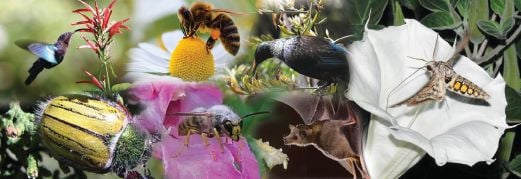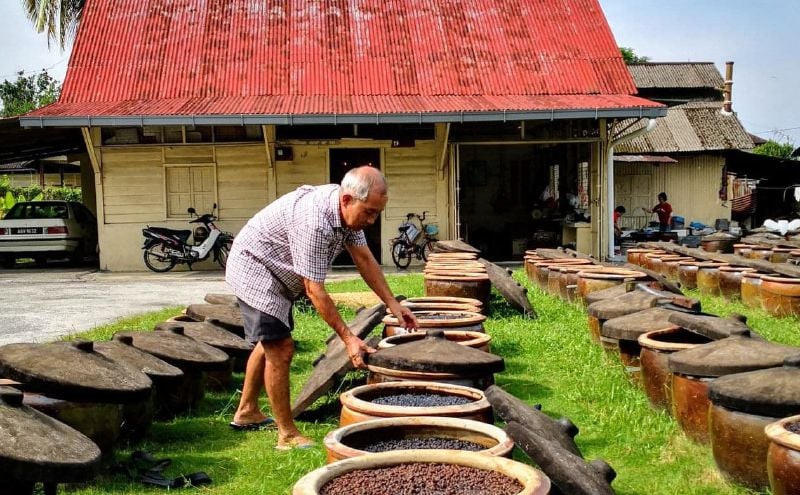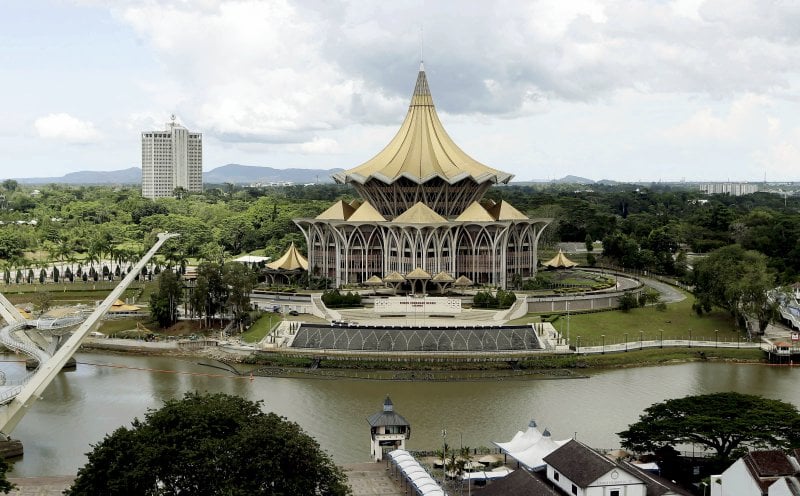As a boy in rural Malaysia, I learned English by reading the British classics. Many of those authors, Charles Dickens in particular, remain favourites of mine today.
About 175 years ago, Dickens wrote perhaps the world’s most renowned modern parable about a wealthy but greedy man named Scrooge.
Well-known to so many, the novel describes the visit one wintry night of a trio of ghosts, the first two of whom review with Scrooge his past and present; the third reveals the future fate awaiting him and those he loves if he doesn’t change his ways.
Returned to the present, the character begins to make amends, grateful for the chance to avoid the enormous regrets ahead.
I mention this enduring Victorian-era fable as a simple way to introduce the notion behind the Intergovernmental Platform on Biodiversity and Ecosystem Services (IPBES) — a stocktaking of today’s ecosystems and taking action on forewarnings.
Instituted in 2012 under the auspices of four United Nations agencies, IPBES forms an important bridge between biodiversity science and policy making.
What the Intergovernmental Platform on Climate Change (IPCC) is to climate, IPBES is to the planet’s species and the vital services they render — an independent forum for agreeing on facts, prospects and options to remediate and prevent problems.
Meeting recently in Kuala Lumpur, the 124 member states adopted the first ever IPBES report — a landmark assessment of pollinator species, prepared over two years by a team of 77 leading international experts.
Their work digests and critically evaluates a mass of information, data and knowledge generated by governments, academia, scientific bodies, non-governmental organisations, indigenous peoples and local communities.
The result is a conclusive finding that a growing number of pollinators worldwide — bees, certain butterflies, moths, wasps and beetles, as well as birds, bats and other vertebrates — are being driven toward extinction by diverse, largely anthropomorphic pressures.
At fault are ill-considered land use changes, intensive agricultural practices and pesticide application, alien invasive species and pathogens.
In addition, climate change is causing a shift in the distribution of many wild bumblebee and butterfly species with troubling agricultural and other implications.
The report establishes that more than three-quarters of world food crops rely at least in part on pollinators. The species’ declines threaten as much as US$577 billion (RM2.32 trillion) worth of coffee, cocoa, fruit, vegetables, seeds, nuts, oil and other crops annually.
Especially worrisome: many of these foods represent major sources of humanity’s vitamins and minerals, raising malnutrition worries. Dependant on pollinators, too, are non-food crops that provide, for example, biofuels, fibre in the form of cotton, medicines, timber and several culturally significant products.
Regional and national assessments show high levels of threat for bees and butterflies in particular. And, roughly one-sixth of vertebrate pollinators face global extinction — a figure that rises to 30 per cent in the case of island species.
The good news is we have options to mitigate the decline and promote the health of pollinator populations. For example, planting strips or patches of wild flowers and encouraging a diversity of pollinator-friendly habitats would help. So, too, would be to simply use less pesticide and develop alternatives for pest control, and we can adopt application practices and technologies that reduce pesticide drift.
Which brings me to an important point, that IPBES is not an advocacy group. It functions strictly as a trusted information source for those in charge of public policy.
A second report presented and adopted at the IPBES 4th plenary meeting is aimed at improving and facilitating the use of scenarios and models, to help better anticipate the impact of policy or management decisions in such areas as fisheries or land use planning.
As well, member nations agreed to the launch of an ambitious new three-year review of global biodiversity and ecosystem services — a timely report card in 2019 on the progress towards 10-year goals agreed to in 2010 under the UN’s Convention on Biological Diversity, as well as the biodiversity-related targets in the Sustainable Development Goals adopted last September.
Sir Robert Watson, former chair of the IPCC and a driving force behind its new biodiversity counterpart, was acclaimed to succeed me as Chair of IPBES.
The apparitions of Dickens’ imagination would indeed make much of this vital work far easier.
In their absence, however, IPBES draws from modern science as well as the experience and wisdom of indigenous peoples and local communities to create evidence-based assessments of the present, authoritative scenarios of the future and reliable models to guide our policy steps into the future we want and need.
Acting on these insights, I believe we can achieve and share prosperity today without compromising the wellbeing of those who inherit this planet from us.
Tan Sri Zakri Abdul Hamid is science adviser to the prime minister of Malaysia, and a member of the UN secretary-general’s Scientific Advisory Board. Elected Founding Chair of IPBES in 2012, he was succeeded on Feb 28 by Sir Robert Watson (UK)
















